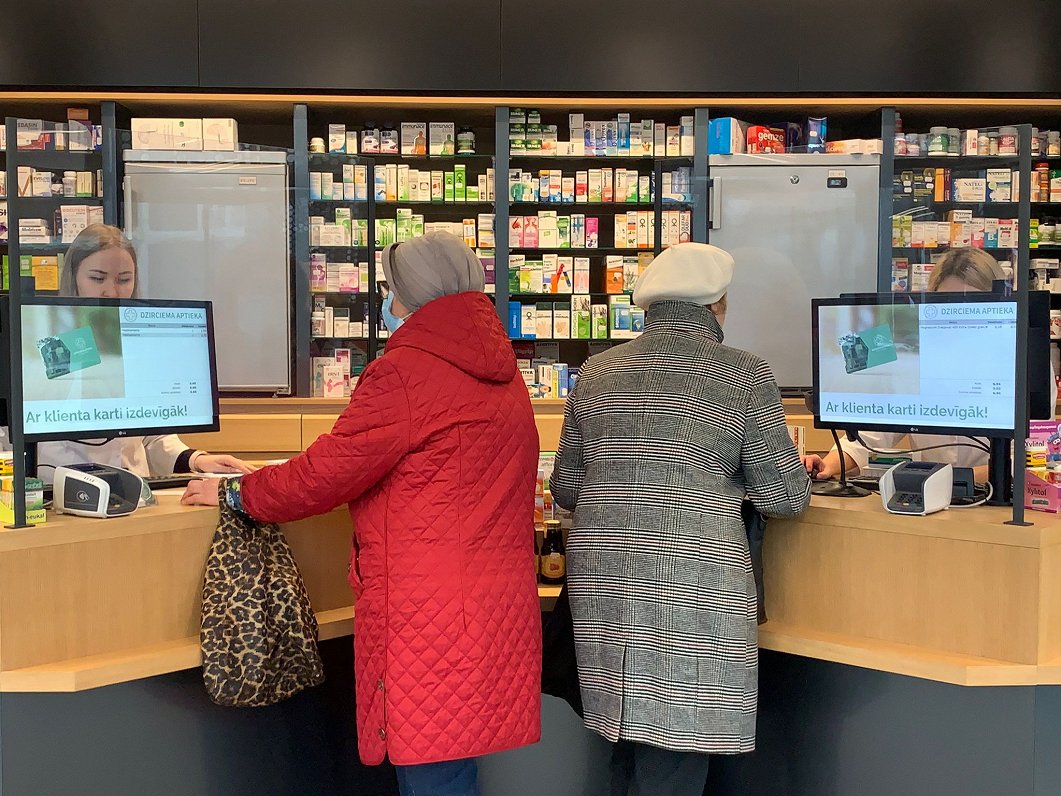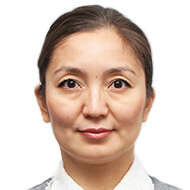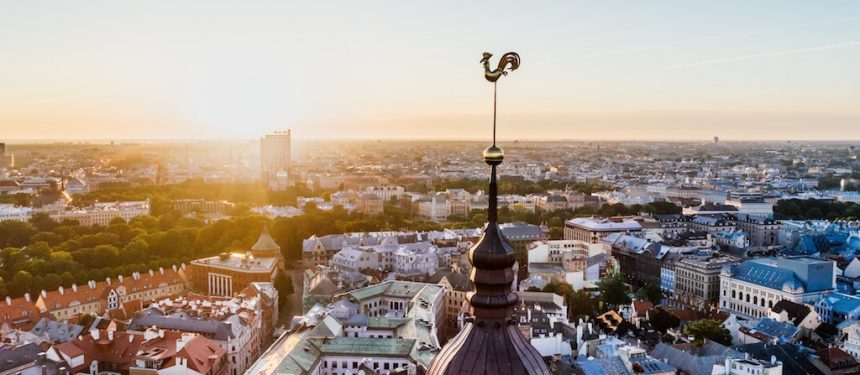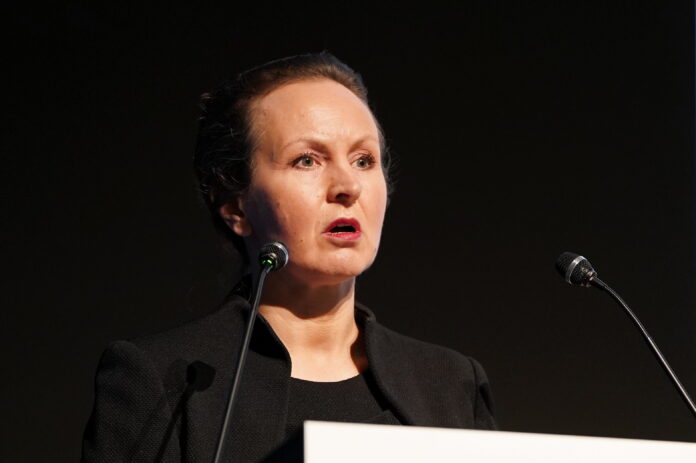As reported by WHO-Europe, Latvia has issued a roadmap to guide the implementation of new laws that will improve people’s access to medicines. Proposed changes will be implemented this year and will aim for a 15–20% reduction in people’s out-of-pocket expenses for prescription medicines, easing the financial burden and improving health and well-being.
Reimbursement for all eligible medicines will see a significant increase to at least 75%, meaning that patients will only need to pay 25% or less of the cost out of pocket. The new roadmap outlines the concrete steps the country will need to take, and by when, in order to achieve this.
“WHO/Europe welcomes this important achievement in Latvia, which is to a large extent in line with our recommendations on improving people’s access to medicines while reducing financial hardship,” said Karina Zalite, WHO Liaison Officer to Latvia. “WHO will continue to be a constructive partner and support the Ministry of Health as they progress on the path toward universal health coverage in the country.”
Tackling the high cost of medicines
The high cost of medicines in Latvia has been a longstanding concern. Various factors contribute to the disparity, such as differing markups, tax rates and lower state funding for the reimbursement of medicines compared to neighbouring countries.
One of the key suggested policy changes in the new roadmap is the inclusion of new medicines on the list of reimbursable medicines. This means that people will be able to access a wider range of medicines covered by public funds. The change will particularly benefit those who previously faced barriers to access to medicines and treatments.
“This is an important milestone,” said Dr Natasha Azzopardi-Muscat, Director of WHO/Europe’s Division of Country Health Policies and Systems. “When more people can afford a wider range of medicines without experiencing financial hardship, we are actively building healthier communities and societies. Together with our experts on medicines and our specialized office on health systems financing in Barcelona, we’ll continue to work with the Government of Latvia to see these policies implemented soon.”
Latvia’s Minister of Health Dr Hosams Abu Meri also emphasized the critical role that medicines play in improving health outcomes. In a note published by the Ministry, he expressed satisfaction with the new policy, calling it an “historical event” that will positively impact the country.
Moving forward with implementation
The Ministry of Health has put forward a multistep implementation strategy, which includes the development of a uniform pricing model for all prescription medicines and a cap on the price of prescription drugs to align with those in Estonia and Lithuania.
Additionally, the National Health Service will review and expand the list of reimbursable medicines and revise reimbursement levels; for instance, medicines currently covered at 50% will be reimbursed at 75% moving forward.
The Ministry also plans to implement measures such as requiring pharmacies with a market share exceeding 10% to make medicine stocks available online. The exchange of information on medicine supplies and interruptions will also be improved.
Furthermore, the Ministry aims to strengthen the role of pharmacists in primary health care by evaluating the introduction of new pharmaceutical care services by 1 July 2024. This is in line with WHO/Europe’s call for more sustainable policies to support and empower health and care workers.
According to data made available by the Ministry, in 2022, 705 443 Latvian residents received 6 469 362 prescriptions, and the state invested 227.8 million euros in prescription medicines. At the same time, patients were spending 255.8 million euros on prescription medicines that were not included on the list of reimbursed medicines. The new measures mark a significant milestone in making prescription medicines more affordable and accessible for all Latvian residents.
Featured image on top: Aija Kinca/Latvijas Televīzija at LSM.lv. Source: LSM.lv





